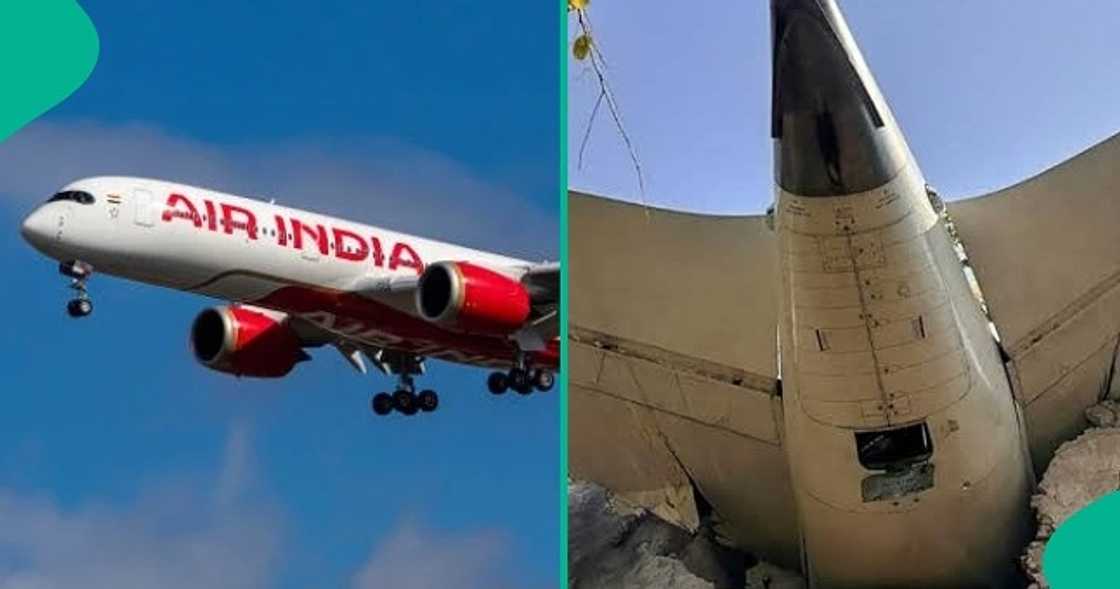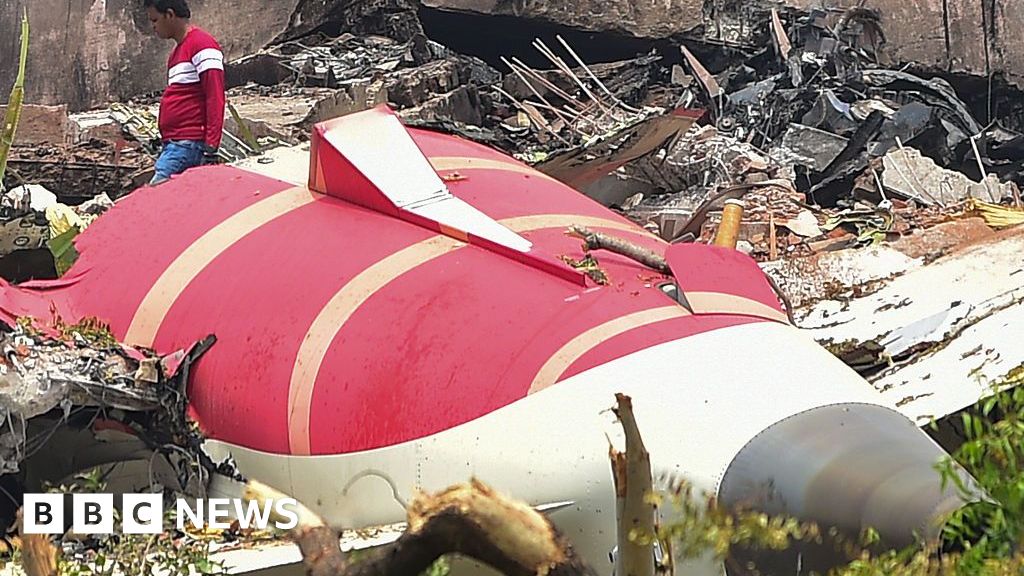Indian Government to Decide on Overseas Analysis of Flight Recorders after Crash
India’s Aircraft Accident Investigation Bureau (AAIB) has yet to confirm whether the black boxes recovered from last Thursday’s fatal Air India crash will be sent abroad for decoding and analysis.
At least 270 people, most of them passengers, were killed when a London-bound Boeing 787-8 Dreamliner crashed less than a minute after take-off from Ahmedabad airport in western India.

Source: Twitter
The tragic incident marked one of the deadliest aviation disasters in India’s recent history.
Investigators recovered both sets of Enhanced Airborne Flight Recorders (EAFRs)—commonly referred to as black boxes—on 13 and 16 June.
These advanced devices, which record flight data and cockpit audio, are standard on Boeing 787 aircraft and are crucial in piecing together the flight’s final moments. They provide precise data on gear and flap lever positions, engine performance, fuel flow, and emergency activations.
Despite speculation in the media that the black boxes are being sent overseas, the Ministry of Civil Aviation clarified that no such decision has been finalised. “The AAIB will determine the location for analysis after a due assessment of technical, safety, and security factors,” the ministry stated.
Some reports suggested that the recorders were severely damaged in the post-crash fire, potentially complicating efforts to extract critical information in India. Sources indicated that the devices might be sent to the United States to facilitate proper analysis.
Captain Kishore Chinta, a former AAIB accident investigator, told the BBC that one set of recorders might be sent to the US “to compare the data downloaded in India with that provided to the National Transportation Safety Board (NTSB)”. He noted, “It’s unclear whether [the AAIB lab in Delhi] is fully operational for EAFR data downloads,” despite its inauguration in April.
Air India chairman N Chandrasekaran told Times Now that one of the aircraft’s engines was new, while the second was not due for servicing until December. He added that both engines had “clean” operational histories prior to the crash.
The airline confirmed that 26 of its 33 Boeing 787-8 and 787-9 aircraft have passed safety inspections and were “cleared for service”. In the aftermath of the crash, India’s aviation regulator mandated additional safety checks across Air India’s Boeing 787 fleet as a “preventive measure”.
Air India has since announced a temporary reduction in international operations. From 21 June to 15 July, flights on 16 international routes will be reduced, and services to three overseas destinations will be suspended. According to the airline, “The reductions arise from the decision to voluntarily undertake enhanced pre-flight safety checks, as well as accommodate additional flight durations arising from airspace closures in the Middle East.”
The flight reduction announcement followed a decision by the carrier to cut operations using wide-body aircraft by 15% amid intensified safety protocols.
PAY ATTENTION: Сheck out news that is picked exactly for YOU ➡️ find the “Recommended for you” block on the home page and enjoy!
Source: Legit.ng











